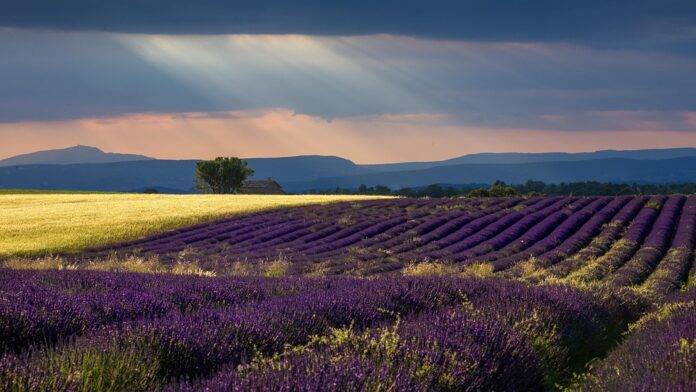The Rise of Sustainable Winemaking in Provence
In recent years, sustainability has become a central focus for winemakers in Provence, France. The region, known for its picturesque landscapes and world-renowned rosé wines, is now leading the charge in adopting environmentally friendly practices in grape cultivation, winemaking processes, and overall operations.
Environmental Benefits of Sustainable Winemaking
Sustainable winemaking in Provence involves a range of practices aimed at reducing the environmental impact of wine production. These practices include organic farming, biodiversity conservation, water conservation, energy efficiency, and waste reduction. By implementing these sustainable practices, wineries in Provence are not only preserving the natural beauty of the region but also reducing their carbon footprint and contributing to the fight against climate change.
One of the key benefits of sustainable winemaking is the preservation of biodiversity. By using organic farming methods and avoiding the use of harmful chemicals, winemakers in Provence are creating a healthier ecosystem for plants, animals, and insects. This, in turn, helps to maintain the balance of the local ecosystem and ensures the long-term viability of grape cultivation in the region.
Financial Incentives for Sustainable Winemaking
While the primary goal of sustainable winemaking is to protect the environment, there are also financial incentives for wineries to adopt these practices. In recent years, consumers have become increasingly conscious of the environmental and social impact of the products they purchase, including wine. As a result, there is a growing demand for sustainable wines, and wineries that can demonstrate their commitment to sustainability are able to attract a larger customer base and command higher prices for their products.
In addition to consumer demand, there are also regulatory incentives for wineries to become more sustainable. In France, for example, there are government programs that provide financial support and incentives for wineries that implement sustainable practices. These programs can help offset the initial costs of transitioning to sustainable winemaking and make it easier for wineries to adopt these practices.
Industry Insights and Trends in Sustainable Winemaking
Provence is not the only wine region embracing sustainability. Winemakers around the world are recognizing the importance of sustainable practices and are making efforts to reduce their environmental impact. In fact, sustainable winemaking has become a global trend, with wineries in countries such as Italy, Spain, and the United States also adopting environmentally friendly practices.
One of the key trends in sustainable winemaking is the use of renewable energy sources. Many wineries are investing in solar panels, wind turbines, and other renewable energy technologies to reduce their reliance on fossil fuels and lower their carbon emissions. By generating their own clean energy, wineries can not only reduce their environmental impact but also save money on energy costs in the long run.
Case Study: Château de Berne
One of the leading wineries in Provence that has embraced sustainable winemaking is Château de Berne. This historic estate, located in the heart of Provence, has been producing premium wines for over a century. In recent years, Château de Berne has made significant investments in sustainability, including converting to organic farming practices, implementing water-saving technologies, and reducing its energy consumption.
By prioritizing sustainability, Château de Berne has not only improved the quality of its wines but also enhanced its reputation as a socially responsible winery. Today, Château de Berne’s sustainable wines are highly sought after by consumers who value environmental stewardship and quality craftsmanship.
Conclusion
In conclusion, sustainability is becoming central to winemaking in Provence, with wineries in the region increasingly adopting environmentally friendly practices to reduce their environmental impact and meet consumer demand for sustainable products. By prioritizing sustainability, wineries in Provence are not only protecting the environment and preserving the region’s natural beauty but also positioning themselves for long-term success in an increasingly competitive market. As the global trend towards sustainability continues to grow, it is clear that sustainable winemaking will play a key role in shaping the future of the wine industry in Provence and beyond.




